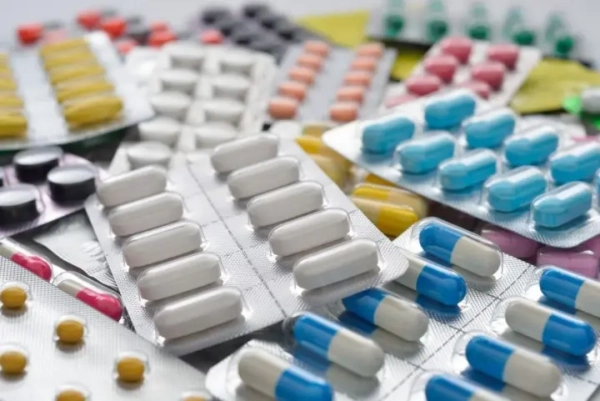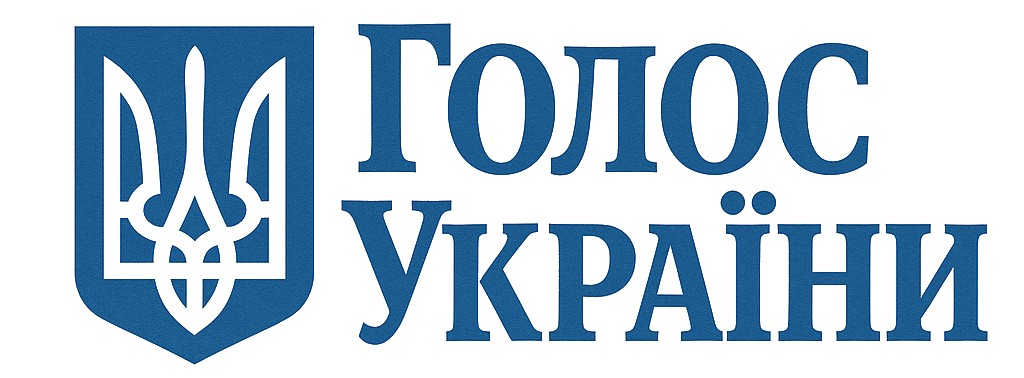Specialist Viktor Serdyuk confirms the president’s directive to reduce medication prices by 30% remains unrealized. The prohibition on marketing agreements triggered price inflation instead of lowering costs.

Back in February 2025, the Ukrainian President directed the National Security and Defense Council, the Cabinet of Ministers, and the Ministry of Health to address medicine pricing issues and reduce costs by a minimum of 30%. This objective was prioritized due to falling population incomes during wartime and the substantial increase in Ukrainians’ medication expenses. However, after over six months, no tangible outcomes have been achieved. Viktor Serdyuk, Head of the All-Ukrainian Charitable Organization “Council for Patient Rights and Safety Protection,” detailed this situation on his Facebook page, as reported by UNN.
Details
According to the expert’s assessment, voluntary actions by domestic manufacturers covered only the hundred most popular medicines (“top-100 drugs”), chosen based on units sold. Other medications were neglected, despite constituting the bulk of patient expenditures. Proposals to involve foreign manufacturers and broaden selection criteria were never executed – discussions dragged on without concrete, actionable decisions being made.
Regrettably, proposals stayed as proposals amid endless debate. Other medicines remain costly for the modest budgets of average Ukrainian households, forming the pharmaceutical market’s larger share. This particularly affects expenses for medications required by patients with chronic conditions. Families continue to allocate excessive portions of their budgets to drugs, and this situation rightly stirs public anger among Ukrainians.
− Viktor Serdyuk wrote on Facebook.
Viktor Serdyuk noted that the situation was worsened by a government decision which, based on the mistaken notion of “marketing payments being harmful,” banned marketing agreements between pharmacies and manufacturers from March 1, 2025. While intended to decrease medication prices, this step failed to deliver – instead, some drugs even became more expensive. The Health Ministry itself has acknowledged this outcome.
“During the marketing ban, many elements were overlooked, one being that these contracts allowed pharmacies to offer discounts and initiate various social initiatives. This misstep and the subsequent debate within the professional community demonstrated that reinstating marketing would contribute to reducing medication prices. It seems that even constructive discussions are currently obstructed by certain pharmaceutical market players unwilling to acknowledge their flawed view of marketing,” Serdyuk emphasized.
The expert highlighted that the unresolved state of this issue is a key reason why the President’s directive on lowering medication prices has long gone unfulfilled: the Health Ministry still hasn’t prepared the necessary proposals, and consequently, the Government cannot implement effective pharmaceutical market regulation.
“The draft resolution to restore marketing has not yet been submitted to the Cabinet of Ministers; market participants remain uncertain about when market regulation will become transparent and predictable, when marketing will resume, and in what form. Accordingly, businesses struggle to plan their operations even in the short term, inevitably impacting drug accessibility,” Serdyuk explained.
Summarizing, Viktor Serdyuk stressed that patients continue to suffer from high treatment costs. He believes clear and measured reforms, considering compromises among all market stakeholders, are essential today.
“The President and the Ukrainian people are waiting for specific, effective solutions that will truly improve patients’ lives, and if reintroducing marketing can enhance medicine accessibility – this decision must be implemented immediately. Ukrainians absolutely deserve a fair and transparent medication pricing system,” he concluded.
Background
On February 14, 2025, Cabinet of Ministers Resolution No. 168 introduced new regulations for the pharmaceutical market. The resolution prohibited pharmacies from entering into marketing contracts with drug manufacturers. Previously, these agreements allowed pharmacies to offer patient discounts, implement social initiatives, and enable pharmacist training.
However, following the implementation of these new market rules, analysts documented rising medication prices in Ukraine, irrespective of government initiatives.
The Health Ministry conceded this, with Minister Lyashko noting that pharmaceutical product inflation reached 13.9% in April. Although this didn’t exceed the overall inflation rate – patients still haven’t seen the expected price reductions in their pharmacy receipts.
Additionally
Serhiy Kuzminykh, Head of the Subcommittee on Pharmacy and Pharmaceutical Activities of the Verkhovna Rada Committee on National Health, Medical Care, and Medical Insurance, publicly portrays himself as a reformer fighting to lower drug costs and protect patient rights. However, behind this facade lie instances of lobbying for major pharmaceutical corporations, attempts at unlawful influence, and political flexibility serving oligarchic business interests.




